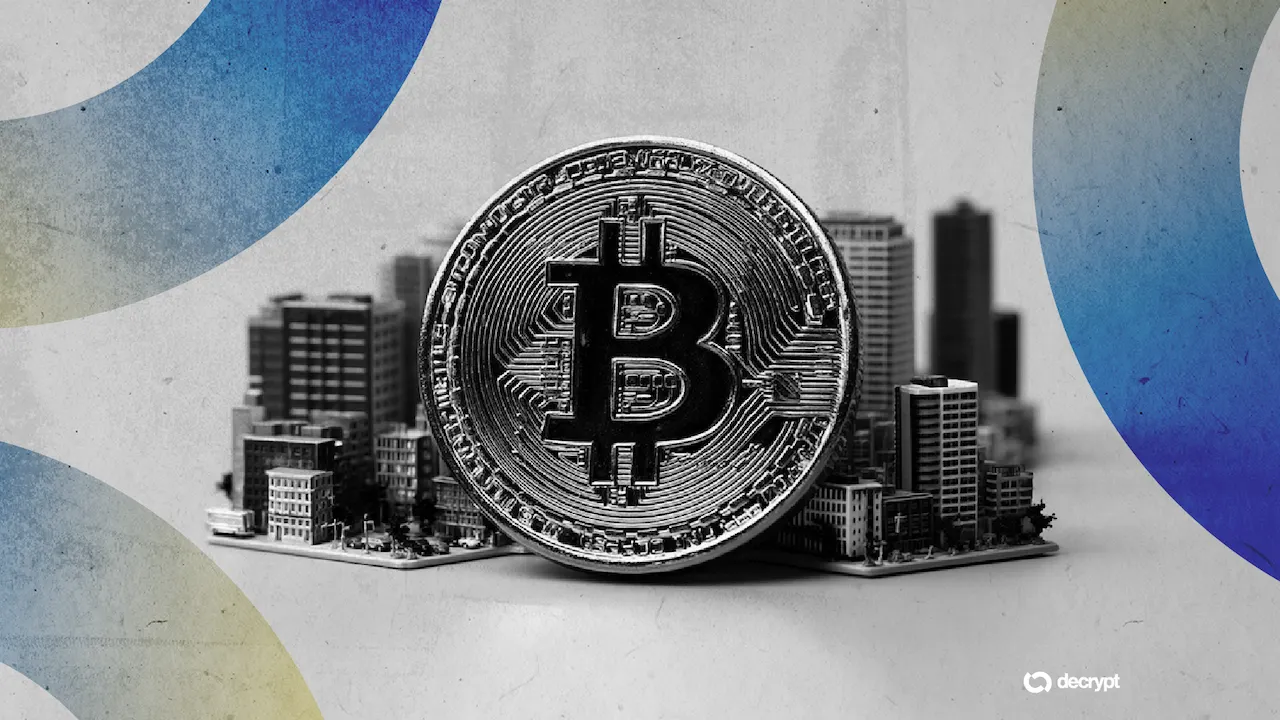In brief
- The UK government is seeking to keep most of the 61,000 BTC it seized in 2018, amid civil recovery proceedings.
- Some figures within the British crypto industry believe any retained BTC should be kept in a strategic reserve, while others argue that the long-term holding of seized assets is at odds with UK law.
- Yet all groups suggest that a Bitcoin reserve would be a big boost to the UK crypto industry, with some calling for feasibility studies and pilots to be undertaken.
Trade associations representing the British crypto industry have mixed views on whether the UK Government should use $7 billion in seized Bitcoin as the basis of a strategic reserve.
The UK Government is reportedly aiming to keep most of the 61,000 BTC it seized in 2018, with civil recovery proceedings currently determining how much should be returned to victims of a large-scale Chinese investment fraud.
The legal question of how much victims should be compensated comes at a time when the UK Government is looking for ways to fill a hole in public finances worth up to $67 billion.
However, some crypto industry representatives are skeptical that the Government will hold the frozen Bitcoin for the long term, assuming that civil proceedings determine its right to retain most of the seizure.
Speaking to Decrypt, British Blockchain Association President Prof. Naseem Naqvi MBE said that the UK’s approach to criminal assets is ultimately set by the Proceeds of Crime Act (POCA), meaning that the objective of British policy in this area is the recovery of criminal proceeds, and not long-term investment or holding.
“Recent ministerial answers have reaffirmed that seized assets are managed and realised under POCA, and that the UK’s official reserves policy does not contemplate adding Bitcoin; there are no plans to change this or to consider BTC as a reserve asset,” he explained.
Not only does UK law point away from the long-term holding of the frozen BTC, but Naqvi suggests that such holding would also contradict current UK fiscal policy.
He said, “From a public-finance perspective, taking on price-volatility risk with confiscated assets would run counter to established UK Treasury and Bank of England reserve management principles and could set a precedent that blurs the line between asset recovery and investment policy.”
These views aren’t shared by the British crypto industry as a whole, however, with a spokesperson for CryptoUK—which counts the likes of Gemini, OKX, InputOut, Bitwise, Socios.com and Nexo as members—arguing that plans to immediately sell the frozen Bitcoin “would run contrary” to the UK Government’s recent moves to boost the industry.
They said, “We would urge the government to take a long-term view on the holding of crypto and deeply consider what message offloading these digital assets would send to the UK’s crypto industry.”
The CryptoUK spokesperson also highlighted the fact that other jurisdictions are taking steps towards maintaining strategic cryptocurrency reserves, as are a growing number of publicly listed companies.
Despite highlighting legal arguments that could or will prevent the UK Government from holding the 61,000 BTC for the longer term, Professor Naqvi acknowledged that the establishment of a British Bitcoin reserve would be a powerful signal for the industry.
“It would be symbolically potent but policy-inconsistent in this context,” he said. “A government wallet visibly ‘HODLing’ could be read by markets as a vote of confidence and might be welcomed by some industry voices.”
But because long-term holding would “conflict with POCA’s victim-focused recovery aims” (and with recent affirmations that the UK Government is not planning a crypto reserve), Naqvi proposed a more practical, realistic option.
He explained, “If courts order forfeiture, the government could choose a phased and transparent disposal (e.g., auction windows) to reduce market impact, consistent with international practice, while keeping within POCA’s purpose.”
And in such a context, Naqvi affirmed that the UK should concentrate on providing leadership to the British crypto industry by “finalising high-quality, evidence-based crypto regimes” and ensuring consistent enforcement.
Selling off the frozen Bitcoin as quickly as realistically possible may carry the risk of repeating one of the most controversial fiscal acts in recent British history, namely the sale of 401 tonnes of gold (more than half of British reserves) between 1999 and 2002.
The gold sales raised $3.5 billion for the UK Treasury, yet they occurred at a time when the average gold price was $275 an ounce, with the price of the precious metal having risen over the years to its current level of $3,850 an ounce.
However, Naqvi and the British Blockchain Association do advocate for the UK Government to consider studying the feasibility of Bitcoin and crypto reserves, while even undertaking a pilot allocation equal to between 0.1% and 0.5% of total assets.
“From the BBA’s perspective, the UK should not hold confiscated BTC as a de facto reserve,” he said. “But it should explore, through research, pilots, and international dialogue, whether Bitcoin could play a measured, strategic role in the UK’s future reserve policy.”

